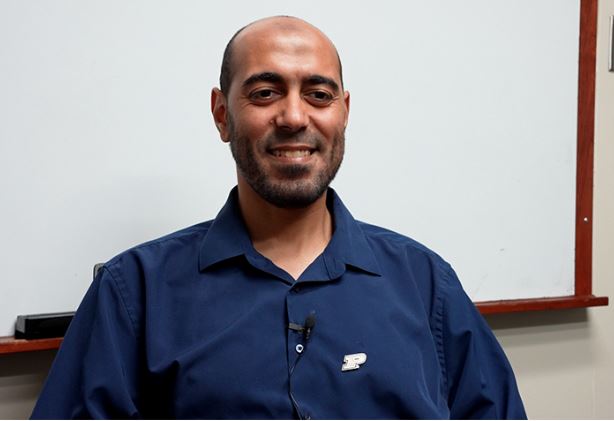Purdue Professor Offers Tips on Creating Strong Passwords

INDIANAPOLIS — What’s safe today is not safe tomorrow.
That’s the mindset that professor of computer and information technology at Purdue University Mustafa Abdallah has about passwords and keeping personal information secure. He has a list of do’s and don’ts for stronger passwords and how to be protected from cybersecurity threats.
“If I have a strong password today, there may be a new attack that can crack it in the future,” said Abdallah. “This is why it’s important to routinely follow the security guidelines and update my password to avoid my accounts from being compromised.”
When it comes to creating passwords, Abdallah recommends using longer passwords that the user will be able to remember and two-factor authentication. Those are easy and effective methods of increasing cybersecurity.
“The best practice is to have different passwords but each password is strong and hard to guess,” Abdallah recommended.
Different passwords should also be used across different devices and accounts. It becomes easier for a hacker to gain access to information if it’s made available on older or shared devices and if they are using only one or a few different passwords across all of their devices.
“Even if you have old devices or some forgotten accounts, you need to make sure that these cyber threats won’t affect or compromise your security,” said Abdallah.
Abdallah also suggests using a password-storing service. He sees it as a generally safe way to keep track of passwords, although users should not store their passwords in unsecured locations like notes apps or text files because Abdallah says that’s where a virus or hacker would attack first.
“It is generally safe to have passwords saved in a browser or third-party applications,” said Abdallah.






















